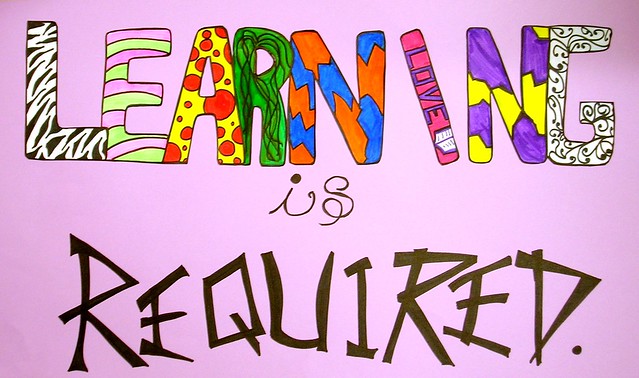On Wednesdays, I write letters.
For You Who Live at Home,
I left a conference a couple weekends ago after speaking at
its three sessions. The event was well-put together, inspiring, crafted and--I’ll say it--touched by heaven in all the right ways. I received the sort of feedback you would
wish for if you had traveled halfway across the country and poured your heart
and soul into two-and-a-half hours of sharing with 300 women. There were
moments of deep connection, as if the
power of sharing our stories and God’s stories bound up some of our broken
hearts.
Afterward, as I boarded the O’Hare-bound flight, I was content with the
outcome of the conference and ready to see my family. It was then, as I stood in the aircraft to find my seat that I received news that my book had been reviewed in one
of our local papers.
It was a terrible review.
Terrible both in its opinion of the book and (in my opinion)
its way of reviewing.
Naturally, I did what any of you might do and I sent a link
to the review to all of the people who I think love my book the best, an
invitation to all of them to write their best rebuttals, to boost my
self-esteem, to reassure me that the work I’d broken my heart over was indeed
worthy, was indeed worthwhile, was indeed something other than “terse” and
“vague.”
And this fleet of writing and non-writing friends came
through. After my three-hour flight, I had re-patched that hole in my writerly
armor.
But before hearing from my friends, while I was up in the
sky, I tried to root myself. Closed my eyes, thought a prayer, asked for
heaven’s way of thinking about my book and this review. And as quickly as I
did, I gave up listening—too agitated, too anxious. I flipped on the plane’s
entertainment console and scrolled through television show options. The only thing that interested me were the
three TED talks, and one in particular labeled “Success, Failure, and the Drive
to Keep Creating.” I didn’t realize that
this talk was given by Elizabeth Gilbert, the Eat-Pray-Love guru. I didn’t
realize that she would be discussing her own failure and success in writing.
And as this seven-minute video unwound for me, I was startled by what seemed to
be heaven’s answer, delivered while I was suspended in the sky.

Gilbert wrote about the blinding success of Eat, Pray, Love and the equally
uprooting failure of her subsequent book, both of which flung her far off from
her “home,” her Rooted Middle. Home, she said, “is whatever you love in this
world more than you love yourself.” And you get back there by “putting your
head down and performing with diligence and devotion and respect and reverence
whatever the task is that love is calling forth from you next.”
It raised the right questions for me: Where was my Middle?
Where was my Home? And what task was love calling forth from me next? I pictured myself on a quiet, sunny day in
front of the piano keyboard in my office, in stillness, in quiet, making music,
and, in front of the laptop keyboard, fitting words together. I thought of my
literal home, filled with shoes and laundry and messy little people who would
need their lunches packed, their skinned elbows patched and their worries
soothed the next day. Great failure and great success don’t eliminate the
beckoning of our Rooted Middles, our Homes. Those call to us whether we are suffering
divorce and betrayal or job loss, whether we've received great performance reviews or all the praise we
could ever imagine garnering. And in this sense, Home becomes our
hiding place from the trauma and drama and clamor of public opinion. Also, Home is the place that shows you if you're loving well and if you respect and revere the job before you in the way it merits your respect and reverence. This is something success and failure won't ever tell you.
And so I resolve to do what you have done so well. When life flings me far off center, I will skirt and jump and run and dodge and roll my way back to Home.




